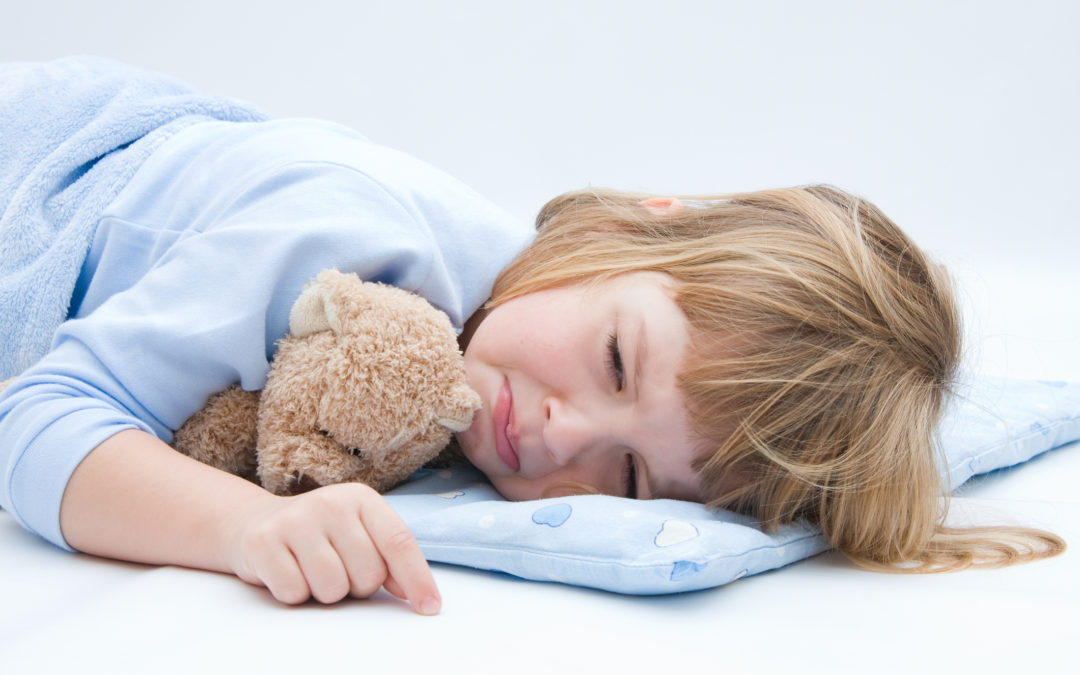NO NIGHT TERRORS,, great night! Jack loves his relaxation CD!!!! He has already asked to listen to it again tonight and EVERY night…” — Amy Bryant Furbee, Jack’s Mother
NIGHT TERROR CHEAT SHEET
Disclaimer: This information is not meant to replace diagnosis or care from a medical professional. It is for educational purposes only. Please feel free to print this Cheat Sheet out and consult your pediatrician if you believe your child is having night terrors. Discuss these strategies and write her recommendations down to refer to during a night terror.
When your child has a night terror, she is in the deepest stage of sleep, even though her eyes may be open. During a night terror your child may:
- Not be aware of her surrounding even though her eyes are open
- Not seem to recognize who you are
- Yell, scream,, cry or speak incoherently
- Sleep walk, sit up in bed, or thrash around
- Attempt to push you away when
- Perspire, be flushed, and have a rapid heartbeat
During a night terror you should NOT:
- Wake your child.
- Speak loudly, shout, or shake your child.
This is what you SHOULD do during a night terror
- Look at your watch; night terrors usually last from 5 to 20 minutes, although they seem to last much longer.
- Guide your child away from stairs, windows, or sharp objects.
- Turn on a soft light.
- Turn on your child’s relaxation CD or MP3.
Your child associates this CD with relaxation and bedtime, and your goal is to calm your child down and get her back into bed. - You may attempt to comfort your child, but if he pushes you away just pat him gently.
- Speak to your child softly and calmly.
- Gently guide back to bed if he has gotten out of bed.
- Try to get your child to lie down.
- After your child lies down, wait for him to fall back into a deep, quiet, sleep.
- When he is quiet, make the room safe in case he has another night terror: remove sharp toys, lock windows, and block the stairs if it is necessary.
When to seek medical help:
- When in doubt, ALWAYS seek help. Call your pediatrician even if it is night time. Remember that they are the experts and they WANT to help. They will not be annoyed or think you are silly.
- If your child stiffens, drools, or his body jerks, seek help immediately.
- If the night terror lasts for more than 30 minutes.
- If your child becomes difficult to manage, or you are afraid he may hurt himself or someone else.
- Call a professional after the first night terror for reassurance and advice. Write down any advice they give you.
Night terrors can be extremely stressful for people who witness them. During a night terror, remember:
- Breathe deeply.
- Although this scary, this is not harming my child.
- Night terrors are not considered abnormal or a sign of a serious condition.
- This does not mean that you have made a mistake or done anything wrong.
- The fact that you researched this shows that you are a conscientious parent or guardian!
- It is okay to call someone right this minute if you need help.
- Read the notes you have written on the back of this Night Terror cheat sheet.
.
When the night terror ends, listen your Airy Melody Music Waves and Light CD/MP3 to relax and calm down.Your child is fine but it may take you a few minutes to calm down!
It is important to remember that you can NOT prevent all night terrors! However, there are certain things you can try to minimize the likelihood of a recurrence.
- Make sure your child gets enough sleep – keep a consistent bedtime and encourage a quiet time or nap if your child needs one.
- Make the few hours before bedtime quiet and relaxing – use stories, warm baths or showers, and avoid exciting games or shows
- Create and maintain bedtime rituals
- Use an age-appropriate relaxation/guided-meditation bedtime CD/MP3 created for your child’s age group – Many parents report that Airy Melody CD/MP3s lessen night terrors AND nightmares.
- Avoid drinking fluids a few hours before bedtime and make sure your child empties his bladder before going to sleep.
Try to remember that this stage of development IS temporary.

